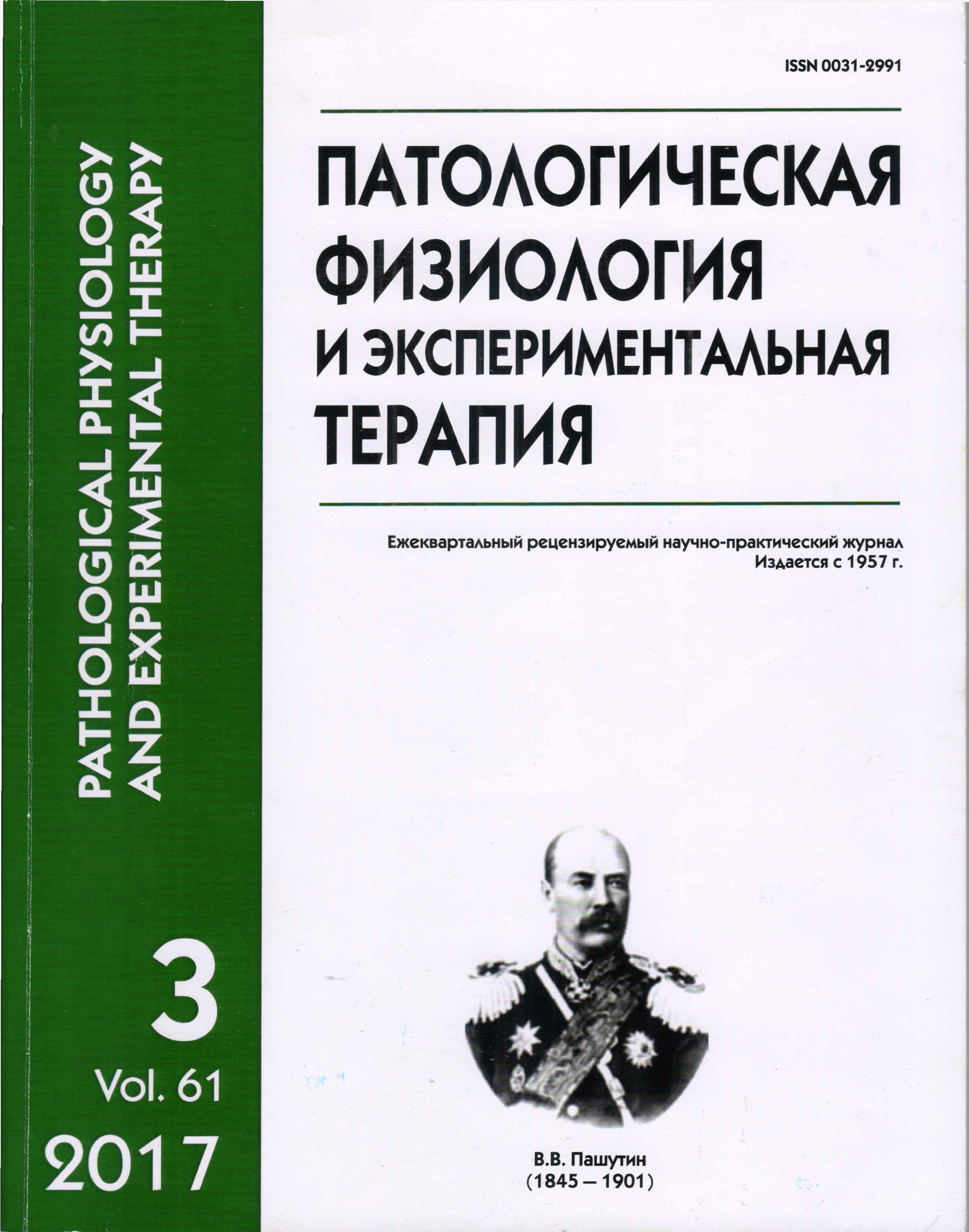Antibacterial activity of granulated carbon sorbents
Abstract
The purpose: Study the antibacterial activity of granulated carbon sorbents in relation to the pathogenic microflora under the conditions of different period of contact with sorbent. Methods. It has been investigated the antibacterial properties of VNIITU-1 granulated sorbent, which was hydromechanically treated, oxidized and stabilized up to pH standard parameters and VNIITU-1 modified poly-N-vinylpyrrolidone (PVP) against the pathogenic micro-organisms, including Staphylococcus aureus, Pseudomonas aeroginosa, Klebsiella pneumonia, Escherichia coli, Streptococcus agalactiae, and their mixes. All bacteria were clinical strains derived from the wounds of patients. Dilutions and amount of inoculated material were experimentally selected for further calculation of the grown colonies on the Petri dish. Bacteria were sorbed from the saline solution with bacteria concentration of 3х103 of the colony forming units in 1 ml of test sample (CFU/ ml). Eppendorf tube was added the sorbent 0.5 ml and bacterial suspension 1 ml; then the tube was shaken to remove the air bubbles and incubated for 1, 3, 6 and 24 hr. Upon the expiry of the target time for sorbent with pathogenic flora contact the supernatant fluid was collected in 100 ul and inoculated on the sterile agar plates of the Petri dishes with GMF agar nutrient medium. Inoculated Petri dishes were placed upside down in СО2 incubator 15AC (Japan) and incubated at 37 ± 1°C for 24 ± 2 hours. When counting the colonies growing on the Petri dish, they took into consideration only the dishes where more than 300 isolated colonies were grown. If more than 300 colonies were grown, “> 3x102 CFU/ml” was recorded in the protocol. Results. Granulated sorbent VNIITU-1 has an antibacterial effect against both gram-positive and gram-negative bacteria, and their mixes. Time period for manifestations of the sorbent antibacterial effect depends on the type of microorganisms and time of contact. PVP presence in sorbent composition enhances the antibacterial effect of the sorbent. Resin-modified sample has a prolonged antibacterial effect against a broad spectrum of microorganisms (E. coli, St. aureus, P. aeruginosae and St. aureus) and mixtures of their cultures. Conclusion. It has been determined the possibility for increasing of antibacterial properties of granulated carbon sorbents against the pathogenic microflora by their modification with poly-N-vinylpyrrolidone. Further development and application of carbon sorbents as the means for sorption therapy is a perspective approach for the local treatment of purulent wounds.






